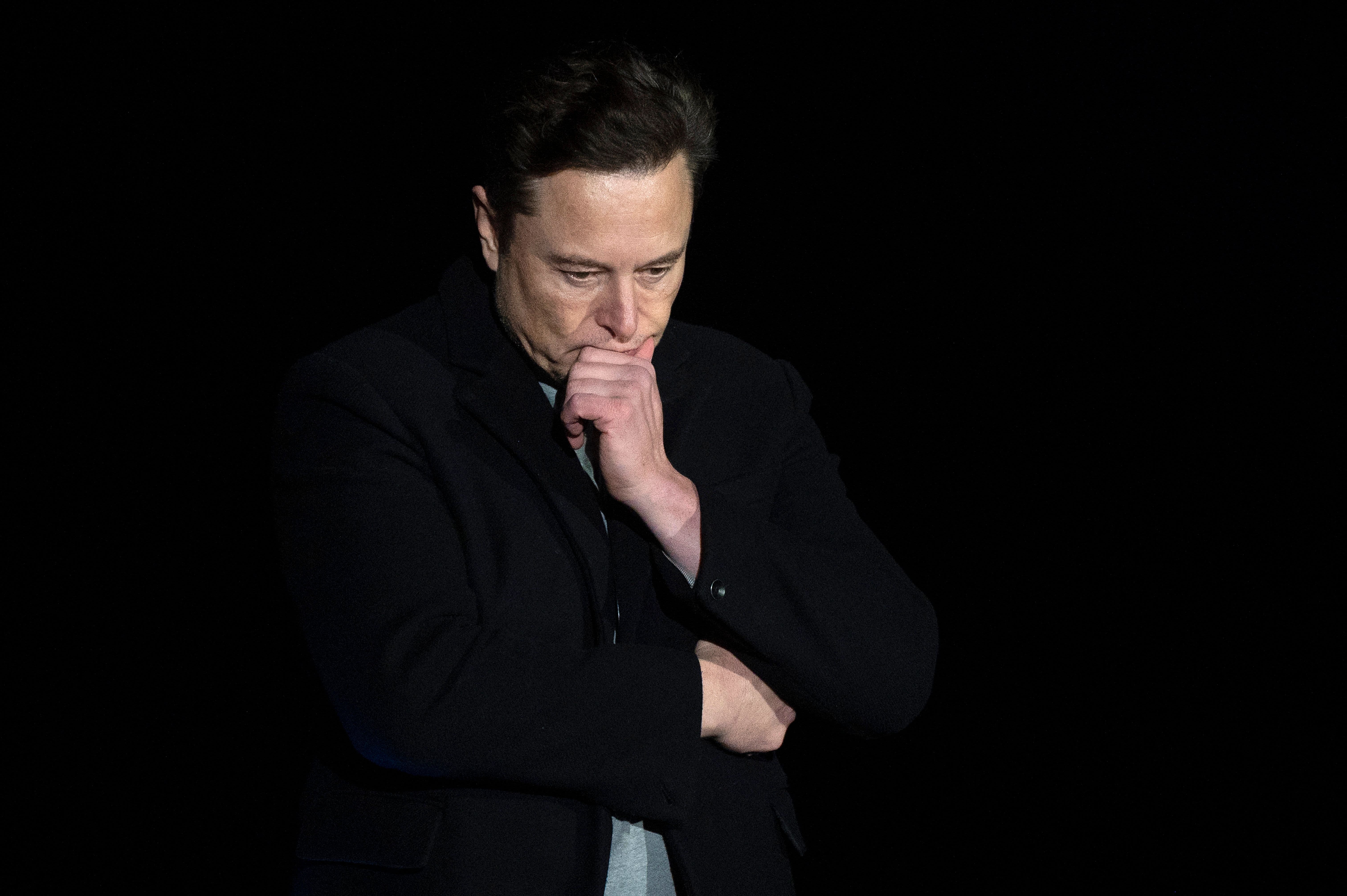
Elon Musk has weighed in on China-Taiwan relations, and Taiwanese politicians are not impressed.
The billionaire suggested an arrangement whereby China would have some control over Taiwan, but the country’s de facto ambassador to the U.S., Hsiao Bi-khim tweeted on Saturday that the island’s “freedom and democracy are not for sale.”
Beijing views democratically self-ruled Taiwan as a renegade province that needs to be reunified with the mainland. China has not ruled out the use of force to do so.
In an interview with the Financial Times published Saturday, Musk said his recommendation “would be to figure out a special administrative zone for Taiwan that is reasonably palatable, probably won’t make everyone happy.”
“And it’s possible, and I think probably, in fact, that they could have an arrangement that’s more lenient than Hong Kong,” he added.
Hong Kong has been run under a policy of “one country, two systems” by China since it handover from Britain in 1997. This has allowed the city to run as a semi-autonomous region under Beijing’s rule.
But critics have argued that the national security law passed in 2020 in Hong Kong has eroded some of the freedoms promised under the one country, two systems arrangement.
Musk’s suggestion was praised by Beijing but criticized by Taiwan.
On Saturday, Qin Gang, China’s ambassador to the U.S., thanked Musk for his suggestion of a special administrative zone for Taiwan.
“Peaceful reunification and One Country, Two Systems are our basic principles for resolving the Taiwan question,” he said in a tweet.
The ambassador added Taiwan “will enjoy a high degree of autonomy as a special administrative region, and a vast space for development.”
However, Taiwan has repeatedly rejected a one country, two systems arrangement.
“Any lasting proposal for our future must be determined peacefully, free from coercion, and respectful of the democratic wishes of the people of Taiwan,” Hsiao added Saturday.
On Monday, Taiwan President Tsai Ing-wen delivered the National Day address. She did not reference Musk’s comments, but did talk about relations with China.
“I want to make clear to the Beijing authorities that armed confrontation is absolutely not an option for our two sides. Only by respecting the commitment of the Taiwanese people to our sovereignty, democracy, and freedom, can there be a foundation for resuming constructive interaction across the Taiwan Strait,” Tsai said, according to an official transcript of her speech.
“Provided there is rationality, equality, and mutual respect, we are willing to work with the Beijing authorities to find a mutually agreeable arrangement for upholding peace and stability in the Taiwan Strait. This is our shared responsibility.”
Musk’s Taiwan idea needs ‘reality check’
Musk, who runs electric car maker Tesla and is currently looking to close a deal to buy social networking site Twitter, has form when it comes to wading into geopolitics.
The billionaire drew the ire of Ukrainian politicians last week after posting a poll on Twitter about what he claimed was the likely outcome of the war with Russia.
Musk has also been very flattering of China, one of Tesla’s largest and most critical markets and where its Shanghai Gigafactory is based.
One China analyst said Musk’s proposal on Taiwan “deserves a great deal of unpacking and maybe even a bit of a reality check.”
“The only problem with this for Mr Musk is that the people of Taiwan simply don’t agree with that type of arrangement,” Bates Gill of the Asia Society Policy Institute’s Center for China Analysis, told CNBC’s “Squawk Box Europe” on Monday.
Gill suggested Musk may want to take a closer look at the nuances around issues such as the relationship between China and Taiwan.
“The world’s wealthiest man obviously feels he has a lot to say on these geopolitical questions. I would only suggest that he take a lot harder look at the realities, the historical precedents and geopolitical contestation that surround all of these questions before giving us all a lesson in diplomacy,” Gill said.
Source: CNBC
